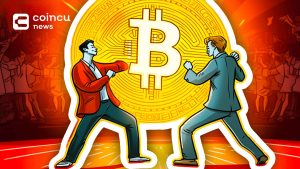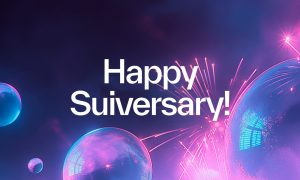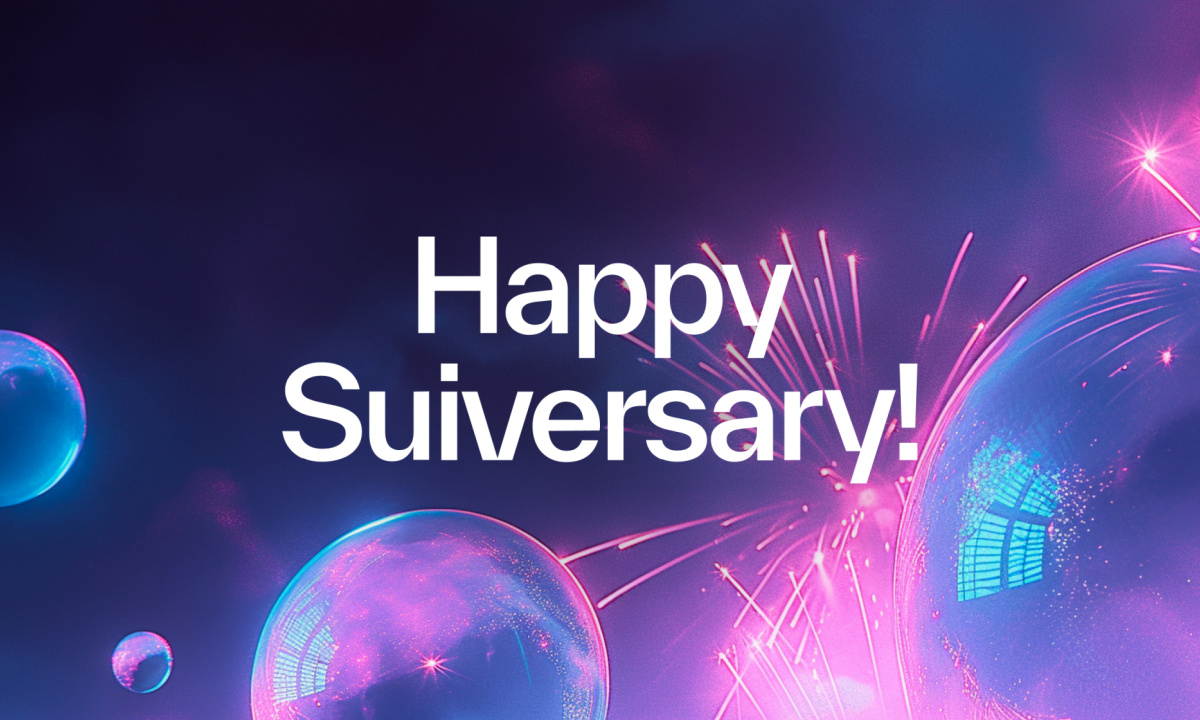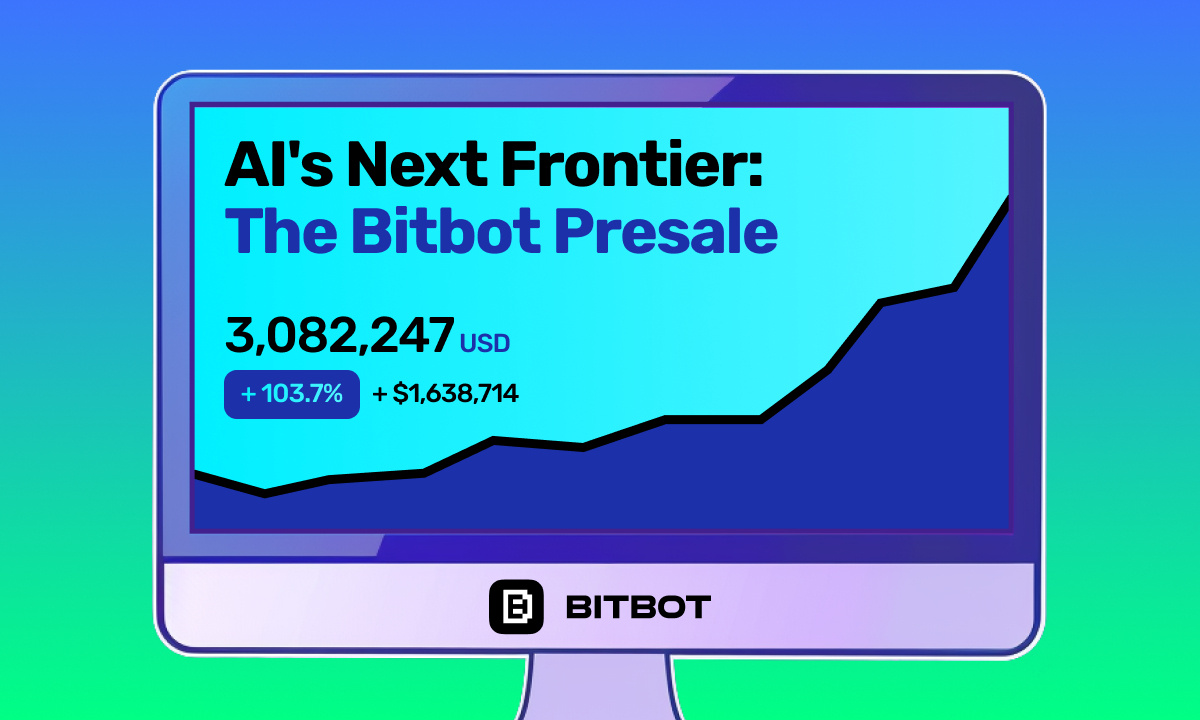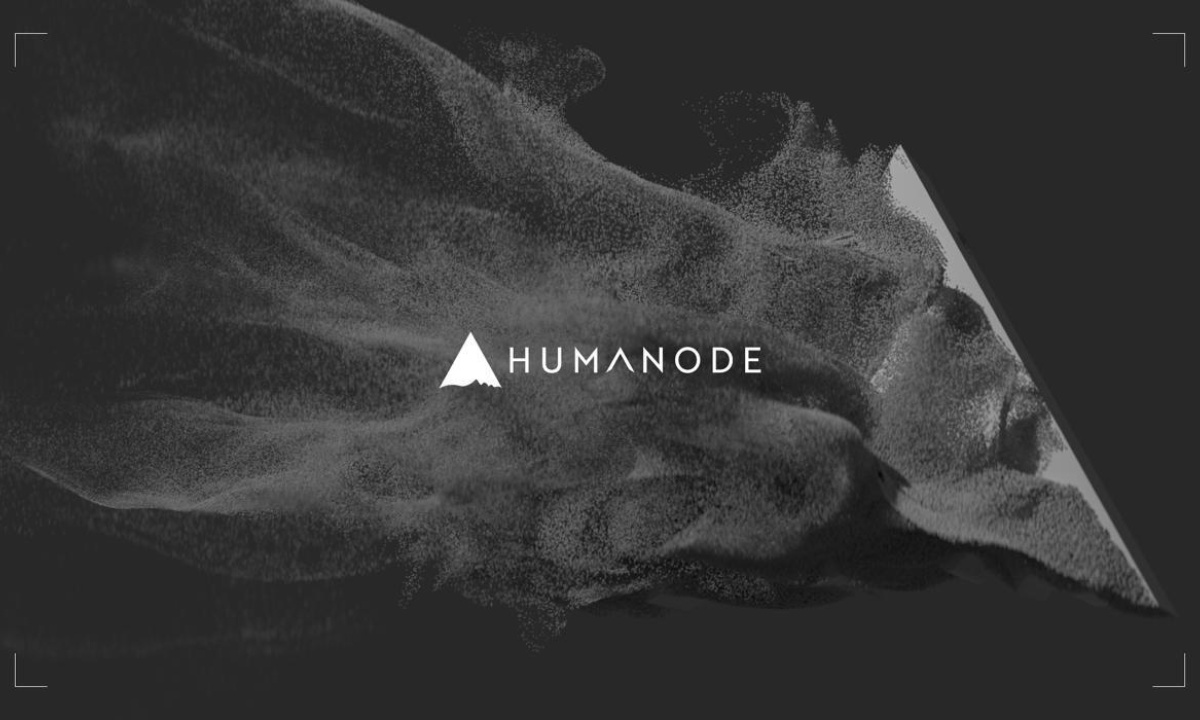[Part 2] Token Governance: DeFi’s Bright Spot Or Just A Mask?
If you haven’t read Part 1 yet, check it out here. This analysis will answer the question, of whether should we continue to develop the governance token feature or not.
![[Part 2] Token Governance: DeFi's Bright Spot Or Just A Mask? 1 [Part 2] Token Governance: DeFi's Bright Spot Or Just A Mask?](http://news.coincu.com/wp-content/uploads/2022/07/image-1426-1024x576.png)
Does The Project Really Need Governance?
How Does Governance Help The Project?
The project is not always on a smooth path. There will be times when they have a hard time. For example, projects that are or are intended to be developed on Terra, but suddenly Terra has problems with UST.
Projects that raise capital from USDT or USDC have less damage. But with the parties raising capital with UST and not yet deployed, that part of the money is probably not much right now.
That’s why projects should have a token allocation for Advisors who have prior experience in project development. They can contribute development ideas, or offer advice when the project is at a standstill.
The administration also has a similar role. Human resources around a few dozen people in the team, no matter how talented, can only think to a limit. Therefore, when the community is able to contribute ideas, it is possible to push the upper limit to a significant extent.
But that’s when governance is put in the right people, and with the capacity. Currently, to maximize DeFi’s decentralization, anyone with a token can vote. Those who are richer buy enough tokens to create a proposal. All it takes is money.
It’s that it’s too easy to manage that makes the project difficult to develop because they don’t really care about the mission or the vision of the project. What most users want in crypto is profit. So they didn’t pay much attention to the proposal either.
Does The Project Need Governance?
In my opinion yes, but not in a current way. If DeFi has DeFi 2.0, maybe in the future there will be Governance 2.0
There, administrative rights will be placed on those who really want to develop the project. These people are also for profit, of course, but they are not merely passively buying tokens. They will think about how to solve problems, interact with the project a lot on social networks, or further, make short/long-term plans for the project.
What is the right way to develop a project? It is very difficult to give a correct answer to this question. However, from my point of view, it is still possible to find a solution to some extent.
Initially, the team should have full discretion over the project or can consult with Advisors. Because the project is still young at this time, no one understands the project better than the founders themselves. Decentralization at this time makes the project “dissolved” from the perspective of tens or hundreds of people.
Then, when you feel that the project has stood, you can gradually open the administration rights to the community. But it takes strict conditions to filter out those who are not really for the project.
So if no one wants to participate in governance, should they reward them with tokens to “educate” users? In the past, there have been several cases where users have been encouraged to participate in governance by rewarding tokens, Mirror Protocol with version V2 on Terra is an example.
This helps users get used to the administration but also increases the amount of meaningless voting. Because there are not only “Yes” and “No”, there is still a third option which is a blank ballot, meaning a vote but no opinion.
In fact, not many projects do this, but users still participate in the discussion and vote on proposals. After the FUD of the founders, Sushi is currently in a difficult situation, when no one is really leading. But in the forum, some suggestions from May 2021, or more recently, have been commented on thousands of times.
![[Part 2] Token Governance: DeFi's Bright Spot Or Just A Mask? 2 sushi forum](http://file.coin98.com/images/sushi-forum-2M882KHTvuRVhuXu.png)
Even with the proposal to legalize Sushi, in addition to positive comments, many people are well-intentioned to help Sushi.
![[Part 2] Token Governance: DeFi's Bright Spot Or Just A Mask? 3 sushi legal](http://file.coin98.com/images/sushi-legal-Q2QXZvGyNieZAIkn.png)
Sushi has this because of the network effect. Sushi used to be a meme, and then revived and once became one of the AMM with the largest market share in crypto, just behind Uniswap. Therefore, if you want users to really contribute, the project must build a strong social network.
Verdict
Governance is a great tool, it helps to get the project to many people by showing everyone that they have a part in the development of the project. But with the current state, governance is prone to abuse for bad behaviour. Therefore, it may take a long time to see governance become useful.
If you have any questions, comments, suggestions, or ideas about the project, please email ventures@coincu.com.
DISCLAIMER: The Information on this website is provided as general market commentary and does not constitute investment advice. We encourage you to do your research before investing.
Join CoinCu Telegram to keep track of news: https://t.me/coincunews
Follow CoinCu Youtube Channel | Follow CoinCu Facebook page
Marcus
Coincu Venture






